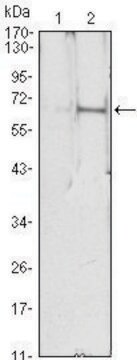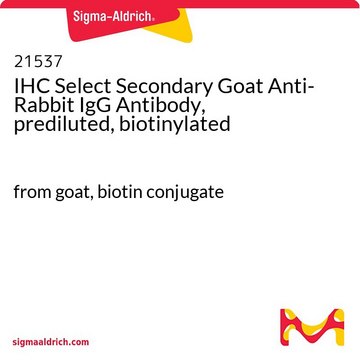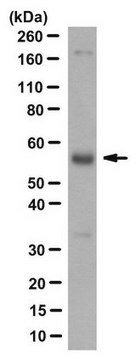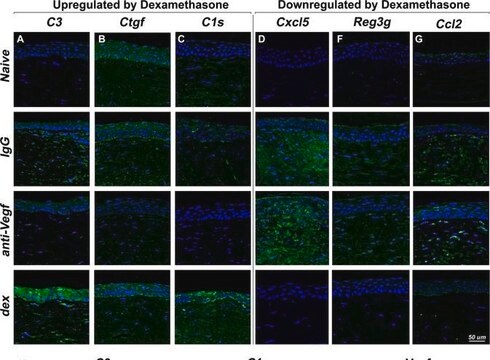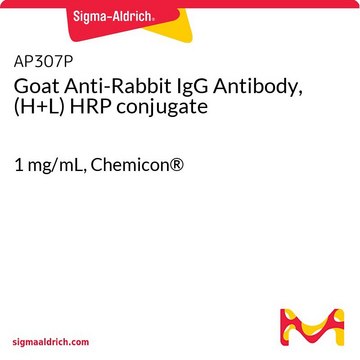SAB4500780
Anti-EPO-R antibody produced in rabbit
affinity isolated antibody
Synonym(s):
EPO-R, EPOR, Erythropoietin receptor precursor
About This Item
Recommended Products
biological source
rabbit
Quality Level
conjugate
unconjugated
antibody form
affinity isolated antibody
antibody product type
primary antibodies
clone
polyclonal
form
buffered aqueous solution
mol wt
antigen 55 kDa
species reactivity
mouse, human, rat
concentration
~1 mg/mL
technique(s)
ELISA: 1:5000
immunofluorescence: 1:100-1:500
western blot: 1:500-1:1000
NCBI accession no.
UniProt accession no.
shipped in
wet ice
storage temp.
−20°C
target post-translational modification
unmodified
InChI
1S/C40H74O3/c1-3-5-7-9-11-13-15-17-19-21-23-25-27-29-31-33-35-37-39(41)43-40(42)38-36-34-32-30-28-26-24-22-20-18-16-14-12-10-8-6-4-2/h17-20H,3-16,21-38H2,1-2H3/b19-17-,20-18-
InChI key
QLXNJYBNAORLFC-CLFAGFIQSA-N
Gene Information
human ... EPOR(2057)
General description
Immunogen
Immunogen Range: 341-390
Features and Benefits
Physical form
Disclaimer
Not finding the right product?
Try our Product Selector Tool.
Storage Class
10 - Combustible liquids
wgk_germany
nwg
flash_point_f
Not applicable
flash_point_c
Not applicable
Choose from one of the most recent versions:
Certificates of Analysis (COA)
Don't see the Right Version?
If you require a particular version, you can look up a specific certificate by the Lot or Batch number.
Already Own This Product?
Find documentation for the products that you have recently purchased in the Document Library.
Our team of scientists has experience in all areas of research including Life Science, Material Science, Chemical Synthesis, Chromatography, Analytical and many others.
Contact Technical Service

